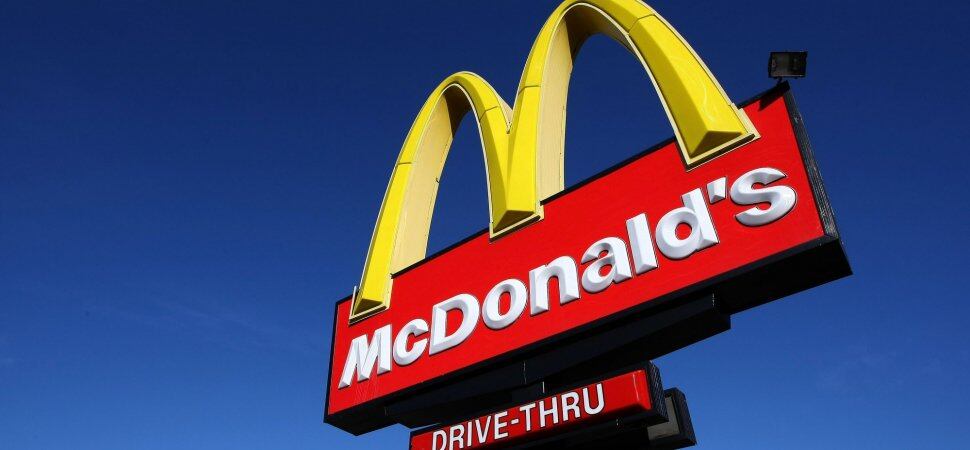Meat-less momentum
We all know we need to eat less meat and more wholefoods, veggies and fruits. Not only for our waistlines, but also for the planet.
It won’t come as a shock to you that such produce already exists, which is one of the reasons I tend to have a smidgen of scepticism towards those who promote meatless or plant-based processed foods as the cure to all of our ills.
Sure, some of the brands in this space are doing very interesting work, pushing the barriers of science, food tech and, potentially, sustainability. And this is especially true in the cell-based protein / cultured meat sector.
However, the meatless start-up space in particular risks becoming a borderline religion, especially at some events devoted to the topic.
Here, speaker after speaker, will recite the same ‘ethical’ mantras over again, while liberally littering their comments with CSR buzzwords, financial jargon and emotive waffle.
For example, there was a time when an ‘eco-system’ referred to a diverse and interdependent range of species. Now it appears to mean 100 middle-aged, food tech investors in a conference hall playing with their iPhones.
Likewise, an ‘accelerator’ was once something you put your foot on, not a programme that these ‘pitchers’ would give their right leg for.
And ‘scaling’ was previously quickly followed by a polish at the dentists.
Of course, buzzword bingo can be played across all start-up sectors, but there is something inherently unhealthy about the uniformity of opinion in the meatless sphere.
The fact is we inevitably know very little about the long-term health implications of consuming these new, and often heavily processed, products versus traditional protein.
There are also suggestions that the environmental benefits are not always hugely significant, and in pure financial terms it’s hard to know when, or if, some of the bigger outfits are likely to turn a profit, despite receiving bags of VC cash.
For now, though, the meatless scene is full of brands and their figureheads extolling the health and environmental benefits of their products.
Some are genuinely worth listening too. Others are just hitching a ride.
And when I find myself at yet another conference being subjected to the latter, I can’t help wishing someone would launch something deliberately contrary. Just for a change.
So how about a lazy day at the Fibre Avoidance Talks (FATs), or experiencing the rush of the Openly Bingeing on Excessive Sugar Exhibition (OBESE)?
We could even stagger around the Pleasurably Intoxicating Spirits Sampling Expo & Debate (hmm, better not.)
Boyband blues
Commiserations to Korean beauty firm Dreams to Korea, which this week lost a high-profile trademark spat with K-pop megastars BTS.
It comes after the boyband also saw off a similar dispute over the use of the three letters, BTS, with the retailer Shinsegae Department Stores
With 10 million album sales, five billion Spotify downloads, a movie that grossed $2.5m in its first weekend and an estimated net worth of $3,6bn to the Korean economy, it’s easy to see why brands might wish to associate with the outfit.
Next time, though, they might be better advised to mount a stronger defence.
For its part, Dreams to Korea claimed that its BTS trademark (for make-up line Back to Sixteen) posed no risk of confusion because the two were “used in the different markets of music and cosmetics”.
This is despite the fact that BTS the band is a monumental money-making machine, with tie-ups spanning clothing, footwear, cellphone cases, dolls, figurines, playing cards, face masks, and, yep, cosmetics, perfume and make-up.
In fact, the only product that appears to be missing from the merch list is branded ear plugs for the poor parents of teenage fans.
Now there’s a thought. Anyone know a good trademark lawyer?
Wuhan woe
The only thing more inevitable than the spread of the Coronavirus, was the actions of less-than-reputable firms claiming their products could help prevent or cure the disease.
While lies, damned lies and debatable statistics abound online and on social media, one place where we would have expected a more reasoned response was from India’s Ministry of AYUSH.
This is a government department, complete with its own minister, which was established in 2014 to “ensure the development and propagation of Ayush systems of medicine and health care”.
Nowhere does it seem to state, however, that’s its mission includes talking tosh.
Despite this, one of its Facebook posts claimed that the Coronavirus infections ‘can be prevented’ with ‘solutions’ from Ayurveda, homoeopathy, and unani.
This led to an immediate backlash from academics in the country, with one telling us: "Since this virus strain is not available to any laboratory in India, it is inconceivable that any preclinical or clinical testing is done in such a short period of time."
The Ministry maintains that the information was “not claiming to be a treatment advice for the Coronavirus infection.”
It added: “The Research Councils under Ministry of AYUSH are involved in various public health activities and provide lifestyle advocacies time to time for the general public.’
For its next ‘advocacy’, then, maybe it can look closer to home and find a cure for future cases of foot in mouth disease.
Gary Scattergood is Editor-in-Chief of FoodNavigator-Asia, NutraIngredients-Asia and CosmeticsDesign-Asia.




